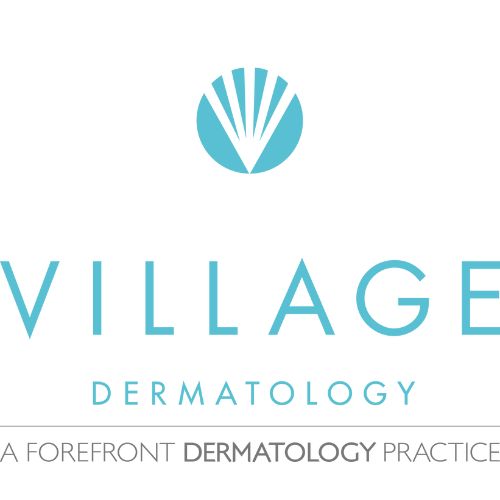Psoriasis
Psoriasis is a skin condition characterized by well defined, red, scaling plaques on the skin that may be itchy. Most commonly, these plaques involve the scalp, elbows, and/or knees, but any site on the body may be involved. Sometimes, psoriasis plaques may develop in areas of prior trauma or scar, a phenomenon called the “Koebner phenomenon.” There are several subtypes of psoriasis, including guttate psoriasis, inverse psoriasis, palmoplantar psoriasis, and nail psoriasis, each with their own distinct clinical appearance.
Psoriasis occurs in children and adults, with the peak incidence occurring in adolescence and early adulthood. The cause of psoriasis is multifactorial, but there is a strong genetic component. Factors that may exacerbate the disease include Strep infections, stress, smoking, obesity, excessive alcohol use, and certain medications. Avoiding these triggers and maintaining a healthy weight is an important part of managing your psoriasis.
Psoriasis may be associated with several other health conditions, including arthritis, obesity, type II diabetes, heart disease, inflammatory bowel disease, and depression. Because of this, it is important to discuss any other medical problems or medications you are taking with your provider. Regular visits with your primary care provider are also recommended to monitor your overall health.
There are a growing number of treatment options for psoriasis. First-line therapy typically includes over-the-counter emollients and prescription topical creams or ointments. It is important to use prescription creams and ointments only as directed by your provider in order to prevent side effects.
More severe cases may be managed with in-office light treatments and oral or injected medications. Oral steroids like prednisone should generally be avoided (for any reason) as they can cause psoriasis to flare severely when stopped. We stay abreast of the current research and growing treatment options for psoriasis. While there still is no cure for psoriasis, there has never been a better time to seek treatment for this disease because there are so many great treatment options available.
Fill out the form below to schedule an appointment or consult with one of our Board Certified Dermatologists.
"*" indicates required fields

